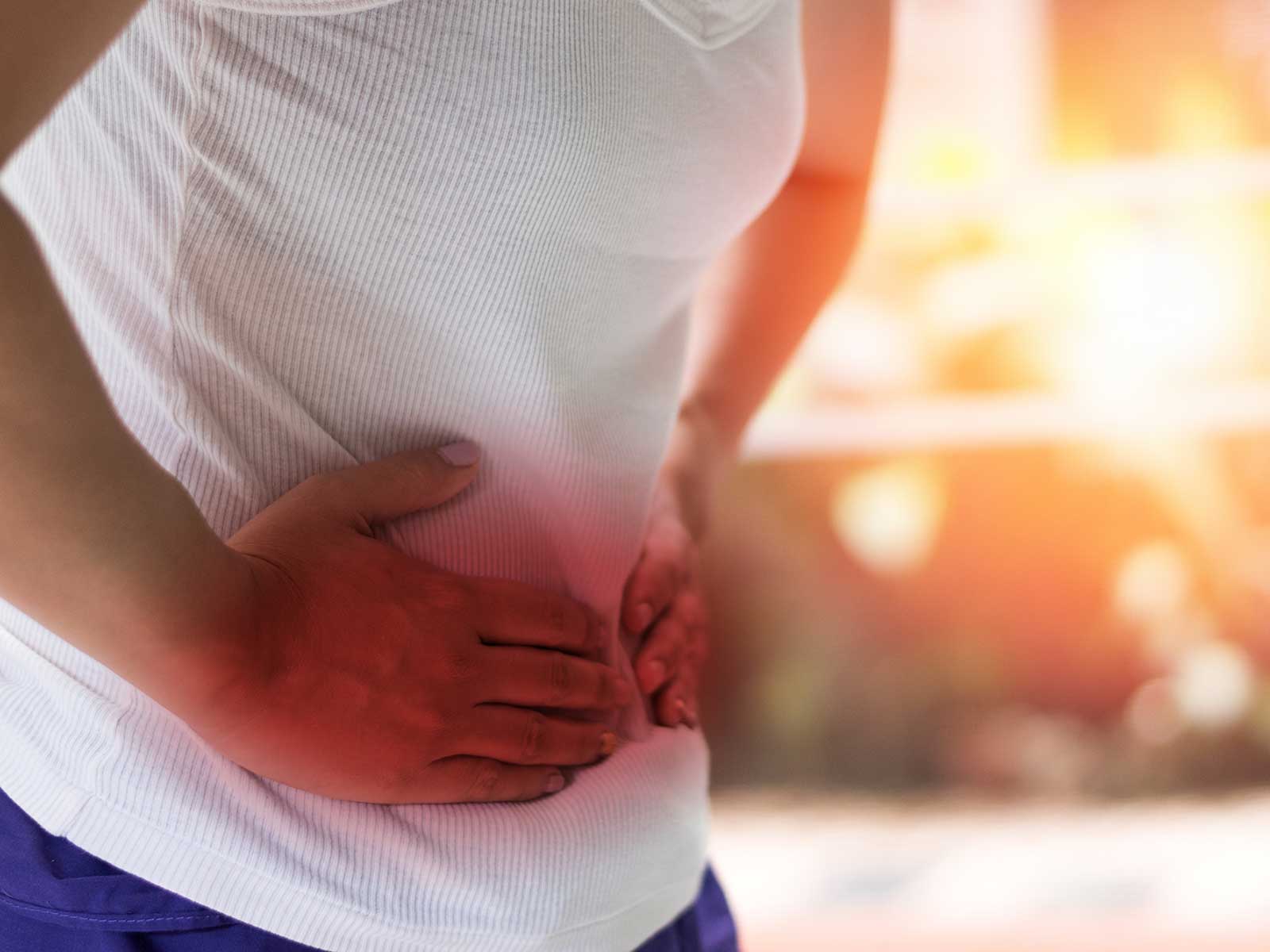
The passage of gas through the alimentary canal is called flatus. Passing gas is also normal in the digestive system but when overdone produce excess gases that can cause discomfort, bloating and embarrassment.
Flatulence may present in a number of ways, such as:
Flatulence may be involved due to a number of causes. Common causes are:
Gas and bloating should not cause you to feel your worst. As a board-certified gastroenterologist, we will offer you a chance to consult with our caring staff and identify the underlying cause of your symptoms at GastroDoxs, Houston, and create a tailored treatment plan. Plan your visit and begin your treatment towards long lasting relief and better and easier digestive health.
Call us now: 832-476-1649 Or Make your reservation Online
We've successfully treated more than 1.5K patients, helping individuals improve their digestive health and overall well-being through expert, personalized care.
With over 20 years of experience, GastroDoxs has been a trusted provider of gastroenterology care, focusing on delivering the best outcomes for patients
High lectin-rich foods such as eggs, broccoli, cauliflower, cabbage, and Brussels sprouts have the ability to produce sulfur-bearing gases in the intestine, resulting in a strong or rotten egg smell when released into the air.
Yes. It is possible to feel pressure against the diaphragm and chest wall when gas becomes trapped in the upper gastrointestinal tract, which can imitate heart or chest pain.
Eating slowly, avoiding foods that trigger discomfort, and engaging in mild movement such as a short walk after meals can help move trapped gas through the digestive system and relieve pressure that spreads to the back.
Probiotics may support the healthy balance of gut bacteria, which helps reduce bloating and gas over time by improving digestion and nutrient absorption.
As new probiotic strains are introduced, the gut microbiome may temporarily shift, causing an increase in gas until your digestive system adjusts to the changes.
Not necessarily. Lentils contain fiber and complex sugars that can produce gas, but soaking them before cooking and rinsing well can help reduce this effect for many individuals.
Yes, especially when consumed in large amounts or not chewed thoroughly, as the fats and fibers in nuts can be more difficult for the body to digest.
Yes. Hormonal changes during early pregnancy can slow digestion, leading to an increase in gas buildup, bloating, and occasional discomfort.
Flatulence is also commonly referred to as gas, intestinal gas, bloating, or passing wind.
To schedule an appointment with a board-certified gastroenterologist experienced in diagnosing and treating gastrointestinal complications, contact GastroDoxs in Houston today.